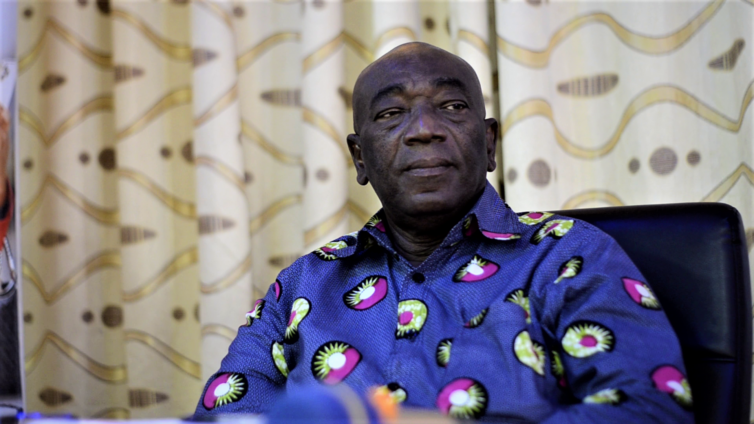The Trades Union Congress (TUC) is asserting that its seven-day ultimatum to the government, demanding the reversal of the 15 percent Value Added Tax (VAT) on electricity consumption, is justified.
According to the TUC, such taxation is unjust to the already financially strained Ghanaian population, and they refuse to endorse it.
Joshua Ansah, TUC’s Deputy General Secretary, emphasized in an interview with Citi FM on Tuesday, January 23, that imposing such a tax is an inequitable method for the government to generate revenue, burdening consumers unfairly.
Mr. Ansah cautioned that if the government does not rescind the tax imposition, organized labor will decide its course of action.
He maintained that VAT is not the sole solution for the government to address the energy sector debt and stabilise the electricity supply in the country.
“Organized labour will advise itself, and unions will do what unions often do when an unpopular decision or tax is introduced that affects workers.”
“VAT is not the only thing the government can do to bring back the lights. I don’t think that is the only way the government can take to make the electricity supply stable when a lot of the population is suffering. This is not fair, and that is why workers are resisting it with all their might.”
“If you are bringing additional taxes or VAT, then it is an easy way for the government. There are other ways the government can use to raise revenue, and it must work harder. To be burdening workers every day is not fair,” Mr. Ansah added.
In a letter dated January 1, Finance Minister Ken Ofori-Atta instructed the Electricity Company of Ghana (ECG) and the Northern Electricity Distribution Company (NEDCO) to implement the VAT, with the goal of generating revenue for the COVID-19 recovery programme.
The government has outlined the rationale for the imposition of a 15 percent VAT on electricity consumption.
This measure is part of the government's COVID-19 recovery programme, aiming to generate additional revenue.
Deputy Energy Minister Agyapa Mercer, speaking in an interview with Citi FM on Monday, January 15, emphasised that while it was a challenging decision, it is necessary to settle debts owed to independent power producers.
“Obviously, if you look at the scope of the tax and what it is intended to do—raise revenue to meet some obligations of the government in the energy sector—it will interest you to know that, as we speak, as of July 2023, the amount of money that we owe to the IPPs alone is in the region of GH¢1.7 billion.
Latest Stories
-
Paris 2024: Opening ceremony showcases grandiose celebration of French culture and diversity
2 hours -
How decline of Indian vultures led to 500,000 human deaths
3 hours -
Paris 2024: Ghana rocks ‘fabulous fugu’ at olympics opening ceremony
3 hours -
Trust Hospital faces financial strain with rising debt levels – Auditor-General’s report
4 hours -
Electrochem lease: Allocate portions of land to Songor people – Resident demand
4 hours -
82 widows receive financial aid from Chayil Foundation
4 hours -
The silent struggles: Female journalists grapple with Ghana’s high cost of living
4 hours -
BoG yet to make any payment to Service Ghana Auto Group
4 hours -
‘Crushed Young’: The Multimedia Group, JL Properties surprise accident victim’s family with fully-furnished apartment
5 hours -
Asante Kotoko needs structure that would outlive any administration – Opoku Nti
5 hours -
JoyNews exposé on Customs officials demanding bribes airs on July 29
6 hours -
JoyNews Impact Maker Awardee ships first consignment of honey from Kwahu Afram Plains
7 hours -
Joint committee under fire over report on salt mining lease granted Electrochem
7 hours -
Life Lounge with Edem Knight-Tay: Don’t be beaten the third time
7 hours -
Pro-NPP group launched to help ‘Break the 8’
8 hours

